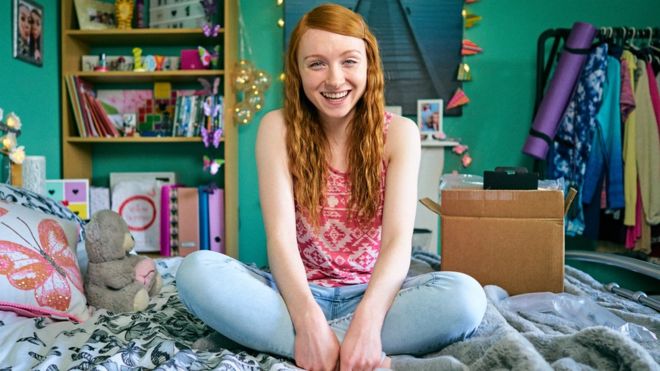All of us here at the office are inundated with Anorexia Blogs, posts and stories. We welcome your writing in hope to treat anorexia, and we know that writing about anorexia helps you if you are suffering.

This is an account of Anorexia written by Lizzie Porter. It is Eating Disorder Awareness time again and we wonder if what you are writing helps others, or helps them to reach out.
We get very sad reading all this ourselves. But it is OK if this helps us to treat anorexia or if this helps you to recover. Or if it adds to our awareness and understanding of the disease.
I do not think that any descriptions aid understanding because people with anorexia do not really understand themselves; they just describe in a lot of very colourful detail. A starving being is stripped of self awareness. It is up to us psychotherapists to know about the nature of the Voice and to know what else is hidden underneath this condition. It is the hidden material which is not in awareness.
I have talked today to a journalist about pro anorexia websites and what is bad and good about them. I explained about anorexia and what it means if you have it. It isn’t just a wish to be thin and you can’t treat it with threats and promises. It is like Aids of the soul.
If reading Lizzie’s article helps you, along with all the other books and stories, then we will keep on sharing your stories. Please, please, please, please, however send us more stories about what helped you to recover. Please use your suffering to help others recover, if you can. I recovered from anorexia many years ago and it is simply a shadow memory. I do not give it house room any more. The wish to be thin never goes away, but the Voice now bounces off a different life for which I am always grateful.


